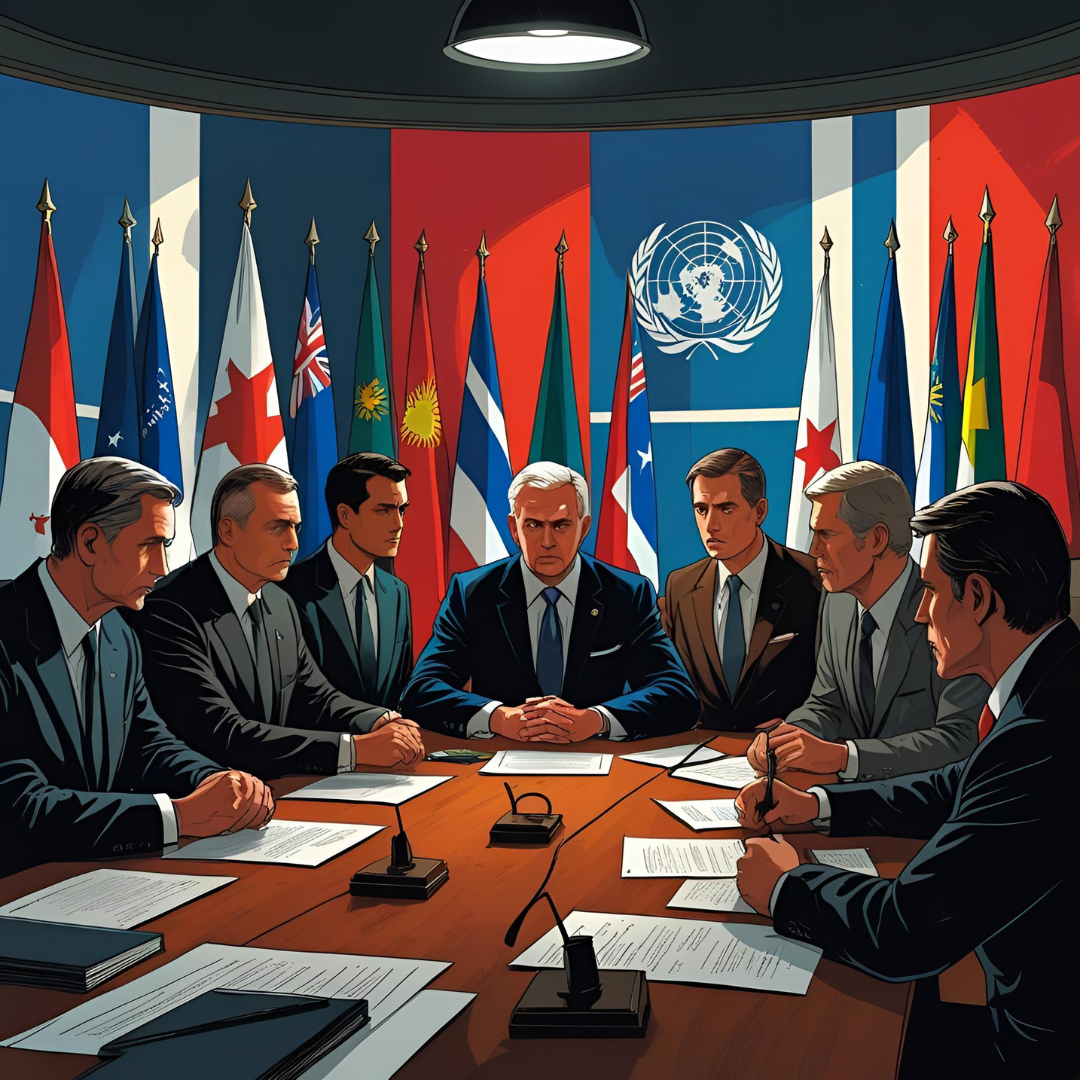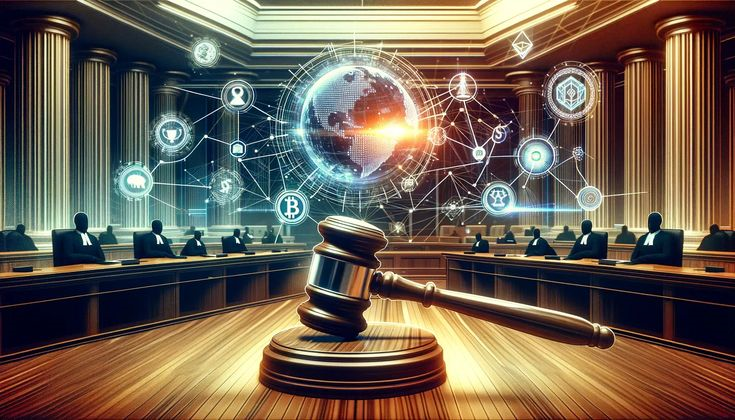Liability of a Diplomatic Agent in Private Land Transactions Under International Law Facts of the Case Mr. X, a diplomatic agent posted in Country Y, […]
Author: Sunny Shettipalli
8. X’ who is a citizen of State A’ while on a tour on the territory of state’B’ was killed by a mob during local revolts. Examine the liability of state ‘B’.
Facts of the Case ‘X’, a citizen of State A, visited State B for tourism. During the visit, local political tensions in State B turned […]
6. A team of Israel Military troops was on the ground in Pakistan against the Jihadis. Has Israel violated any rule of International Law ? Give reasons
The presence of Israeli troops on Pakistani soil raises critical concerns under international law. This incident sparks debate about sovereignty, self-defense, and international peace norms. […]
4. Mr. ‘X’ was a clerk at the Indian embassy in England. He was dismissed from the service on charge of stealing documents. On the same day, the Indian Ambassador waived his immunities in this respect. Mr. ‘X’ was arrested and tried. He claimed that being a servant of a diplomatic envoy he was immune from the court proceedings. Whether he succeeds in this case? Give reasons.
Diplomatic immunity protects diplomats and their staff from legal actions in host countries. However, its scope has limits. The case of Mr. X—a clerk at […]
3. State ‘Z’ granted recognition to state ‘M’ on the basis of a condition it imposed on state ‘M’ that the state would not adopt war as an instrument of national policy. However, that ‘M’ subsequently violated the condition. Can the recognition be revolved? Decide.
The recognition of statehood in international law is a powerful political act. It affirms a state’s existence and grants legitimacy in global relations. But what […]
1. State ‘A’ succeeded over the territory of State ‘B’. However there was international pressure on State ‘A’ to fulfil the obligations under treaties signed by the former state ‘B’. State ‘A’ refused. Is the state justified in doing so ?. Decide.
The world has witnessed several instances of state succession, where one state takes over the territory of another. These transitions raise complex legal questions, especially […]
9. Discuss the jurisdiction of Maritime states over coastal waters.
The law of the sea gives every coastal nation specific rights over the waters adjacent to its landmass. This authority is not unlimited, but it […]
8. What is state succession? Explain different kinds of state succession.
State succession is a significant concept in international law. It refers to the transfer of rights, obligations, and property from one sovereign state to another. […]
7. Explain the composition and functions of the Security Council.
The UN Security Council stands at the heart of global peacekeeping. It plays a vital role in maintaining international security, resolving conflicts, and authorizing military […]
6. Discuss the salient features of the Outer Space Treaty.
The Outer Space Treaty of 1967 laid the foundation for global cooperation in space. Formally known as the “Treaty on Principles Governing the Activities of […]










